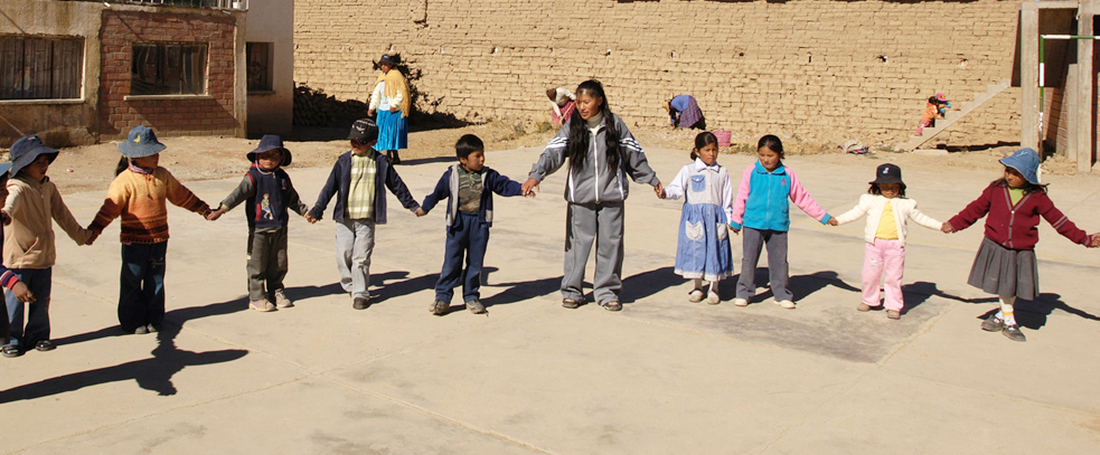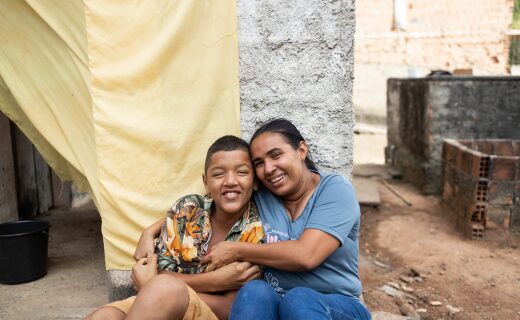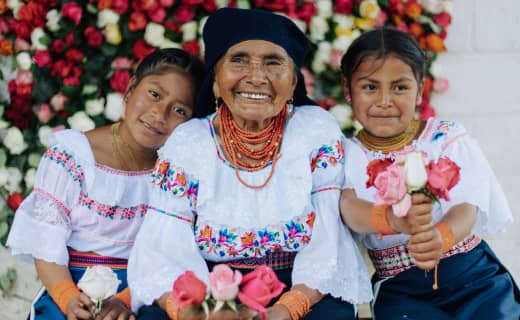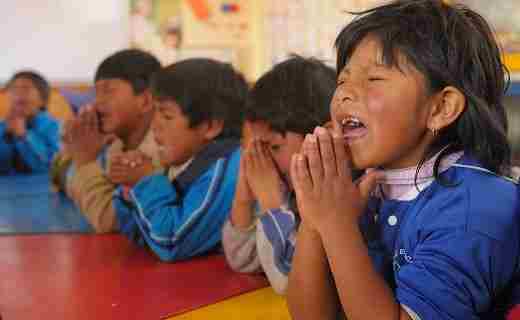Bolivia
Capital City: La Paz
Population: 10.80 million
Life expectancy: male 66.08 years, female 71.78 years
Population with improved drinking water: urban 96.7%, rural 75.6%
Adult literacy rate: male 97.8%, female 93.6%
Infant mortality rate: 37.49/1,000
Under 5 mortality rate: 39/1,000
Religion: Roman Catholic 76.8%, Evangelical and Pentecostal 8.1%, Protestant 7.9%, other 1.7%, none 5.5% (2012 est.)
Percentage living on less than $1.90 a day: 7.70%
A little bit of history
Bolivia, named after independence fighter Simon Bolivar, broke away from Spanish rule in 1825. Since them it’s experienced nearly 200 coups and countercoups. Democratic rule was established in 1982, but leaders have faced difficult problems of deep-seated poverty, social unrest, and illegal drug production.
In December 2005, Bolivians elected Movement Toward Socialism leader Evo Morales as president on a promise to change the country's traditional political class and empower the nation's poor, indigenous majority. In December 2009, President Morales easily won reelection.
How the country makes a living
Despite being rich in natural mineral and energy reserves, the landlocked country of Bolivia is one of South America’s poorest countries. Traditionally, the wealthy urban elite minority have dominated the political and economic scene, widening the divide between the rich and the majority of the population, who struggle on low income subsistence farming, mining and small trading.
Through sheer desperation, many Bolivians have resorted to growing coca, from which cocaine is produced. Growing international pressure to fight the drugs trade is causing unrest amongst the coca farmers who have no alternative income.
Challenges faced by the children
Bolivia has the second highest infant mortality rate in Latin America and malnutrition is a big contributing factor. Children, weakened by the lack of nutrition, subsequently die from preventable diseases such as respiratory infections.
Many children, particularly in rural communities, are forced to join the work force early to support their families. A joint study by UNICEF, the National Institute of Statistics and the International Labour Organization in 2005 found there were approximately 7,000 children working in gold and silver mines in the Bolivian cities of Potosí, Oruro and La Paz alone.
Compassion in Bolivia
Compassion's work in Bolivia began in 1975. More than 75,100 children are being released from poverty thanks to 232 child development centres.
What sponsored children learn in bolivia
In Bolivia, children typically attend their Compassion projects before or after school. During typical project activities, sponsored children will cover topics such as ...
- Devotional time. Children are taught to pray.
- Spiritual lessons. Children sing songs and learn Bible stories.
- Break and snack time. Children can play in a safe environment and develop friendships. A snack consists of an egg sandwich with tea, fruit shake with crackers, fruit salad, or bread.
- Social lessons. From conflict resolution to developing healthy self-esteem and a Godly character, children who often come from challenging home environments are taught social and personal skills.
- Lunch and social time. Each child receives a snack and lunch at the project twice a week. Lunch consists of vegetable soup, a lentil burger, salad, rice, dessert and apple juice.
- Health lessons. Children are taught practical health and hygiene tips.
- Letter writing and career planning. Older children work with project staff to identify their strengths and interests, setting realistic goals for their future.
Additional activities offered by projects in Bolivia:
- The children participate in sports teams, church and regional retreats and service activities (available for adolescents 12 years and older). Service activities include cleaning up town squares and painting.
- Older sponsored children are given vocational training such as computer literacy, pastry making, dress making and English classes.





